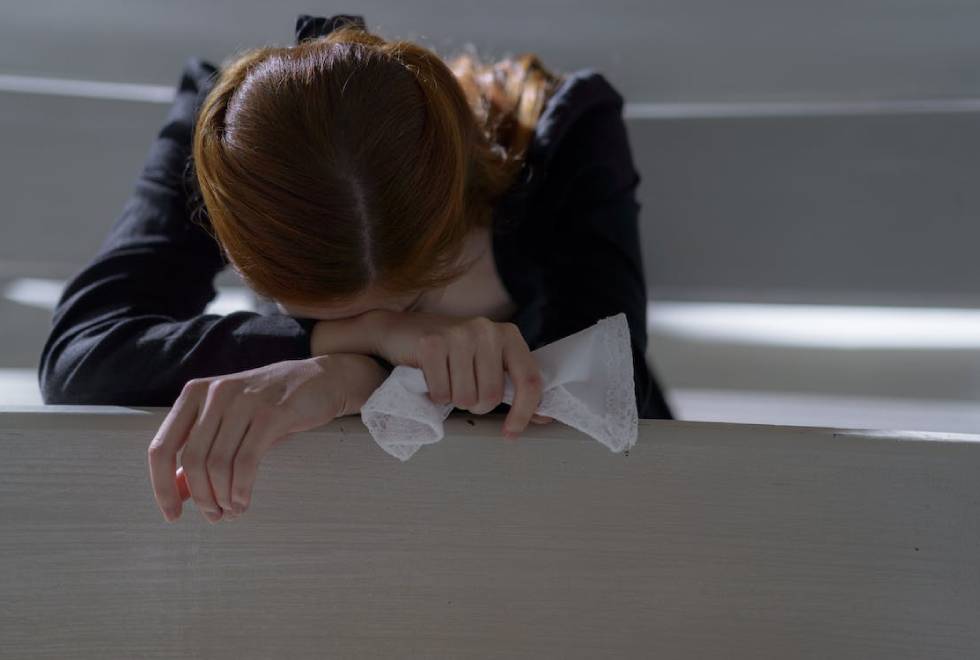In this article, we will talk about what happens in the very first stages of grief and how to help yourself during these stages.
Grief is a natural response to any loss or change. It is an effort through which people must adapt their inner world to a changed reality. They did not want this change. They want everything to remain as before. But there is no way out – life did not provide a choice. It is what it is, and they have to come to terms with it.
Coping with the death of a loved one is a long and complex process. It begins from the moment a person learns about their loss.
The first thing the person experiences is shock and numbness. The shock is so strong that a person is not able to “digest” the news and just “freezes”. “This cannot be. It is not true!” – is the first thought that comes to a person who just learned the terrible news. This disbelief can take very different forms: from inappropriate calmness or even indifference to hysteria.
Denial is a defense mechanism that maintains the illusion that the world will change the way we want it to, or not change at all if we don’t agree with it.
How can you help yourself? Say to yourself and out loud that this happened. Really happened. He died. She left. You have lost your child. The sooner awareness comes, the faster the transition to the next stage will occur and your ability to feel will return. It will hurt, but you must do it.
And then a black cloud of pain and suffering will cover you. Grief envelops you whole because the protective anesthesia no longer works. Heavy thoughts are churning in the same circle: despair and a feeling that you are alone in this whole stupid world. And helplessness… Because you know that you cannot change anything, but the reality is unbearable. Guilt, fear, anger, and anxiety come. And all this cocktail is bubbling inside, making every day gloomy and slow… You may experience an emotional distance from other people – as if a wall separates you from them. This happens because you focus inside yourself, and other people are outside.
Self-therapy can be an essential tool for personal growth and self-improvement.
Browse through our courses and see the positive changes they can bring to your life.
You are not sure where to begin?
How to help yourself? Talk – you must do it. This is the most important recommendation. Please do not shut yourself off. Surely there are people around you who are ready to listen to you, look at old photos with you, and reminisce with you. Find people who will not cut you short by saying “That’s enough, don’t think about it, stop crying”, but will listen silently, smile at funny stories, be sad with you over sad ones, and ask questions. This is what you need right now.
If you feel that suffering is consuming you and you can’t cope, be sure to seek help from a specialist.
Thus begins the process of experiencing grief. These are the first steps towards accepting what happened and the fact that life goes on. The worst thing you can do is withdraw into yourself and try to ignore your grief, bury it in the back of your mind. If you do that, it will undermine you from the inside and will occasionally burst out.
The process of experiencing loss is of great importance. You cannot run away from it. The work of grief must be completed, and for this, the grieving person must solve several important tasks:
○ Acknowledge the fact and circumstances of the loss.
○ Experience the pain of loss and all the complex feelings that come with it.
And only after that, it will be possible to gradually establish a relationship with the environment in which the loss occurred, build a new attitude towards the fact of the loss, and … continue to live.
Help us grow on Instagram 👇
